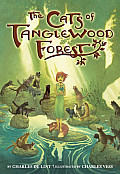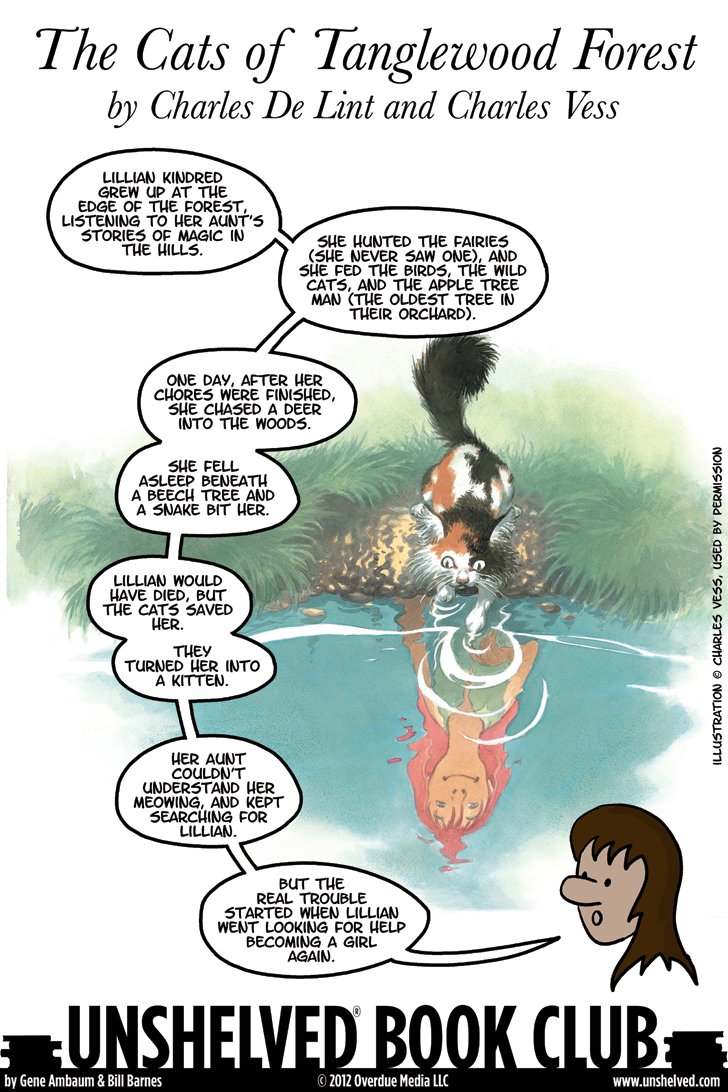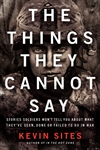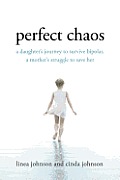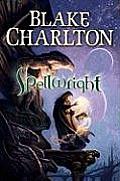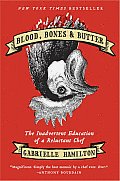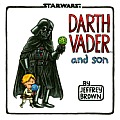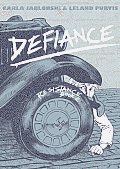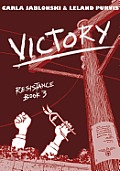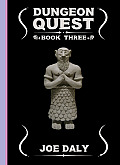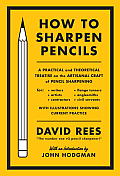Link to this review in the form of a comic strip by geneambaum tagged fantasy
Link to this review by flemtastic tagged history
Kevin Sites became a war reporter because he hoped for adventure, glory, and quick career advancement (after rocketing to fame because of an insignificant gunshot wound). But he’s way past that and is now a veteran reporter who has spent time in war zones all over the world, including time embedded with U.S. troops in Iraq and Afghanistan.
After witnessing a firefight in Falluja, Sites walked away from a wounded man in a mosque instead of helping him get medical attention. The man was executed by U.S. soldiers. Sites, traumatized and guilt-ridden, struggled with PTSD himself. He took a year-long sabbatical to work on this book by collecting personal stories about war and its consequences. He interviewed American veterans of WWII, Vietnam, Iraq and Afghanistan. Many provide accounts that show the difficulty of shooting a man, and then of trying to return to civilization.
Why I picked it up: I wanted unvarnished stories about the soldiers that we romanticize in the movies, from people that were there and really did the things they had to.
Why I finished it: Each chapter centers on the experience of an individual veteran. Several are experiencing PTSD symptoms and are medicating with alcohol and drugs or having nightmares and behavior issues. But just as disturbingly, he talks with one veteran who was able to “turn the switch” — he has no issues bouncing back and forth between being a citizen and killing in war.
I’d give it to: Tony, a former student of mine who, like many of the men featured in the book, joined the army at eighteen. I would love for him to read this and then tell me how much of it described his experiences. I’m sure he would appreciate the author’s contention that war is stranger than ever now, when a soldier involved in a firefight can be back on base a half-hour later, talking on a satellite phone to loved ones back home.
Link to this review by silver tagged nonfiction • biography
Linea is a happy, talented, beautiful, and kind girl. Whatever she does, she does very well. Everybody loves her. But she has a lot of anxiety, and her parents know she is hard on herself.
After high school Linea follows her dreams and studies music in Chicago, two thousand miles away from her home in Seattle. Linea’s mom, Cinda, felt uneasy when her daughter left for Chicago. She hoped Linea’s anxiety would decrease after she moved. But things got much worse, and Linea started to experience pain.
Linea is diagnosed as having bipolar disorder type II.
Why I picked it up: I saw a flyer in the staff lunch room at the University of Washington Medical Center, where I work. The book was written by a colleague’s wife and daughter.
Why I finished it: It was a very painful story to follow, even though I knew it had to have a happy ending because they wrote and published this book together. I had to stop and calm myself when Linea’s mom told her daughter’s story from a worried mother’s point-of-view. (Each tells their own story within the frame of each chapter.)
It is an amazing journey to follow how Linea fights and gives in sometimes to depression. Before reading this book, I really had no clue how powerful depression is. At one point, Linea feels her wrist tingling. She knows she can end her pain if she can find something sharp and let the blood out of her wrist, so she searches her apartment. She’s somehow able to call her doctor in the middle of this and say, “I cannot keep myself safe.” Her doctor hospitalizes her and saves her life.
I’d give it to: All the healthcare professionals on the bariatric surgery team. Many of the patients our team serves have one or more mental issues. (People who turn to food for comfort often have problems with their families or within themselves.) This book will help the team members understand what patients might have experienced or might be going through during treatment.
Link to this review by flemtastic tagged fantasy
Because of the scar on his back, many thought Nico might be the savior foretold of in prophecy, the Halcyon. But the teachers at Starhaven, where Nico studies magic, investigated this possibility and dismissed it. Nico has talent, but his chronic misspelling makes even the most minor spells a challenge.
Starhaven’s formidable magical boundaries are breached by a creature searching for Nico. Accused of murder and theft, Nico is soon on the run from both Starhaven and the monster. His only hope is to improve his magical skills before he’s caught by one or the other.
Why I picked it up: I had the good luck to be seated next to Blake Charlton at dinner during ALA Annual last summer. I monopolized his attention for the entire hour. When I found out he was dyslexic, a Yale grad, a medical student at Stanford, and an author with two bestselling fantasy novels, I knew I had to read his books.
Why I finished it: As all the reviews will tell you, the system of textual magic is the star of this series. It is original. I loved the idea of magical languages that had to be learned. Each has its own focus and special abilities. Magic must be composed, with correct spelling, clauses, and punctuation, then written on the body and cast. The war-weight gargoyles, spelled to a higher level of cognition and ability than the servile, lighter gargoyles that tend the roofs, were my favorite piece of magic, especially when they aid in Nico tense escape from Starhaven.
And while many fantasy novels include a child of prophecy and the “is he / isn’t he” dilemma, I felt like this element was handled with true skill. (And I’m still wondering after reading book two!)
I’d give it to: Mike, who would love that Starhaven’s libraries figure prominently in the book. The massive, ancient buildings are filled with magical tomes and defended by a daunting group of librarians.
Link to this review by darcy tagged biography
Chef and restaurateur Gabrielle Hamilton spent many years in a variety of kitchens perfecting her craft. Instead of attending a snooty cooking school, she learned to cook the respectable way — flipping burgers, washing dishes and even feeding brats at a summer camp.
Why I picked it up: Cookbooks bore me to tears, but memoirs that are about food make a connection between my stomach and my emotions.
Why I finished it: I loved the sour relationship between Hamilton and her mother — the woman who taught her how to cook and present food became estranged from her. Still, she named her restaurant Prune, after the nickname her mother gave her. I was fascinated by how this and other mangled personal relationships were so intricately woven in with Hamilton’s cooking pursuits. But what really kept me turning pages was that she was in a committed lesbian relationship until an Italian man came to her restaurant and started to court her with food.
I’d give it to: I would give this to Emily, a children’s librarian and fabulous cook. Although Emily wouldn’t have any tell-all stories about cocaine use and boozing in her kitchen, I believe that there must be a few stories behind her recipes.
Link to this review by geneambaum tagged comic strips • science fiction • humor
Cartoonist Jeffrey Brown shows single-panel scenes from the life of Darth Vader, father, as he tries to parent four-year-old Luke Skywalker.
Why I picked it up: It was the ultimate early Father’s Day gift to me from me. (I always get myself the best stuff, and my family is afraid to get me books because I usually have everything I want already.)
Why I finished it: Brown is a Star Wars fan from way back (as far back as me, in fact), and it shows. He uses familiar Star Wars backdrops, characters, and quotes in unexpected ways: Vader and Luke visit a zoo (along with a young Lando, Jawas, and the man who cried when his Rankor died in Episode VI), Luke points out something in the sand (“Look, Dad! Droids!”), and Vader responds to his son’s continuous requests to go home (“I find your lack of patience disturbing.”).
I’d give it to: My nephew, Layton, and his parents. He’ll like the scene of Luke riding on R2D2, and his parents will enjoy Luke in a spaceship with his dad (“Are we there yet?”).
Link to this review by geneambaum tagged graphic novel • history
France, 1943-1944. Fourteen-year-old Paul Tessier risks his life by working for the French Resistance. He draws anti-Nazi images and secretly hangs them in town, among other duties. His friend Jacques thinks the local Resistance needs weapons to defend their country, and recruits Paul’s older sister to help get information by dating a German soldier. But the Germans have created the Milice, French military police, and are out to stop the Resistance for good.
As things get worse for the French, Paul becomes more and more resentful of his Aunt, who gets extra supplies for his family from her German boyfriend. And his sister’s affections for the soldier she’s dating may be more than just an act. Paul’s anger brings him around to Jacques’ point-of-view. They take violent action, and then head for Paris just in time to take part in the uprising against the Germans.
Why I picked it up: I loved Book One.
Why I finished it: It’s harrowing to read about a realistic, artistic fourteen-year-old risking his life for what he believes in. The art, with its muted colors and realistic scenes, really helps evoke the time period and creates the sense that violence could start at any moment. I love learning about history in such an engaging way.
I’d give it to: My mother’s boyfriend Rich. His father was a Navy pilot, and I’m sure I can talk him into reading the series by telling him about Paul’s sister. She risks her life to hide a man who survived a plane crash behind enemy lines, in the forest near her house.
Link to this review by geneambaum tagged graphic novel • fantasy • humor
Millennium Boy, Lash Penis, Steve, and Nerdgirl continue their quest for the missing pieces of the Atlantean Resonator Guitar and to activate the Gogh Verbirator Vortex Device. They do some drugs, discover new abilities, face the dangers of the Fireburg Forest, lose all of their stuff, find new and better stuff, and fight a steam golem.
Includes a long selection from The Romish Book of the Dead.
Why I picked it up: My friend Dan and I are obsessed with Dungeon Quest, and we’ve been waiting for this since book two in the graphic novel series came out last year. (This is what Dan made for me for my fortieth birthday.)
Why I finished it: I never know where this weird, Dungeons & Dragons-ish adventure will take me next. After speaking with the hermaphroditic prophet/poet Bromedes (who explains the history of the world and the party’s quest), he sends them to a vending machine containing snacks and drugs. (Every dungeon should have a vending machine! Makes more sense than turning a corner and finding an elf with a fully-stocked shop where there’s little to no foot traffic.)
I’d give it to: Flemtastic, because the gratuitous number of penises appearing in this book (Bromedes’ hugely long sheath, a cat-like wormraxes’ unit during an attack, and all the group’s male members) would make him blush even as he laughed himself silly.
Link to this review by sarahhunt tagged nonfiction
From the humble yet dangerous practice of sharpening a pencil with a pocket knife to the use of hand-cranked sharpeners that cost as much as a car, Rees tells you all you need to know and much more about putting your whole existence into the passionate practice of sharpening #2 pencils.
Why I picked it up: I follow Rees on twitter and I love that he’s always wry and earnest, whether writing comics or selling wine.
Why I finished it: It reminded me of the dead-serious vintage instructional books that wax poetic about mundane topics, one of my favorite finds at used book stores. (Turns out there is a reason for that: Rees was inspired by an old how-to book for shipfitters.) I had also just read a graphic novel adaptation of Thoreau’s Walden that made me want to drop out and farm beans. Rees’ book reminded me that I can seek transcendence in whatever I do.
I’d give it to: Rita, the only other person who empties the pencil shavings receptacle at our library. She’ll appreciate the chapter on how to break into people’s houses to liberate them from the tyranny of electric sharpeners.
